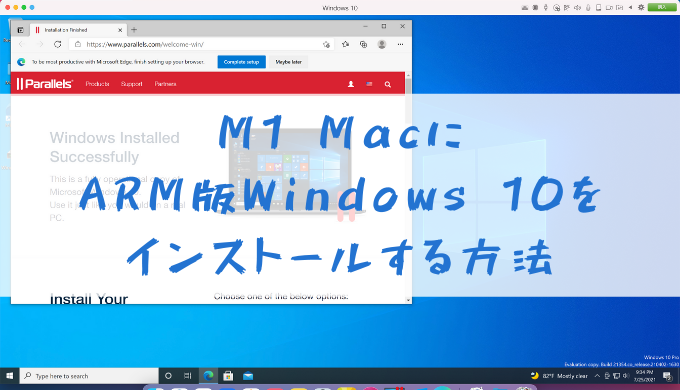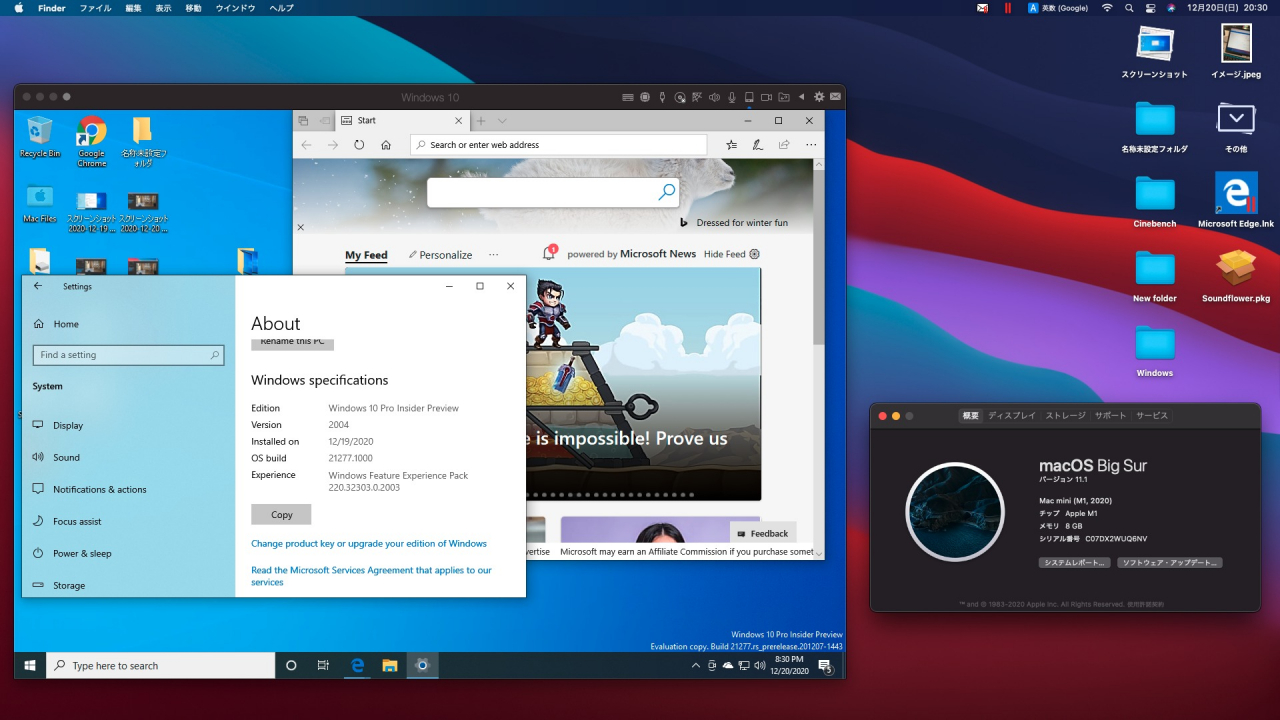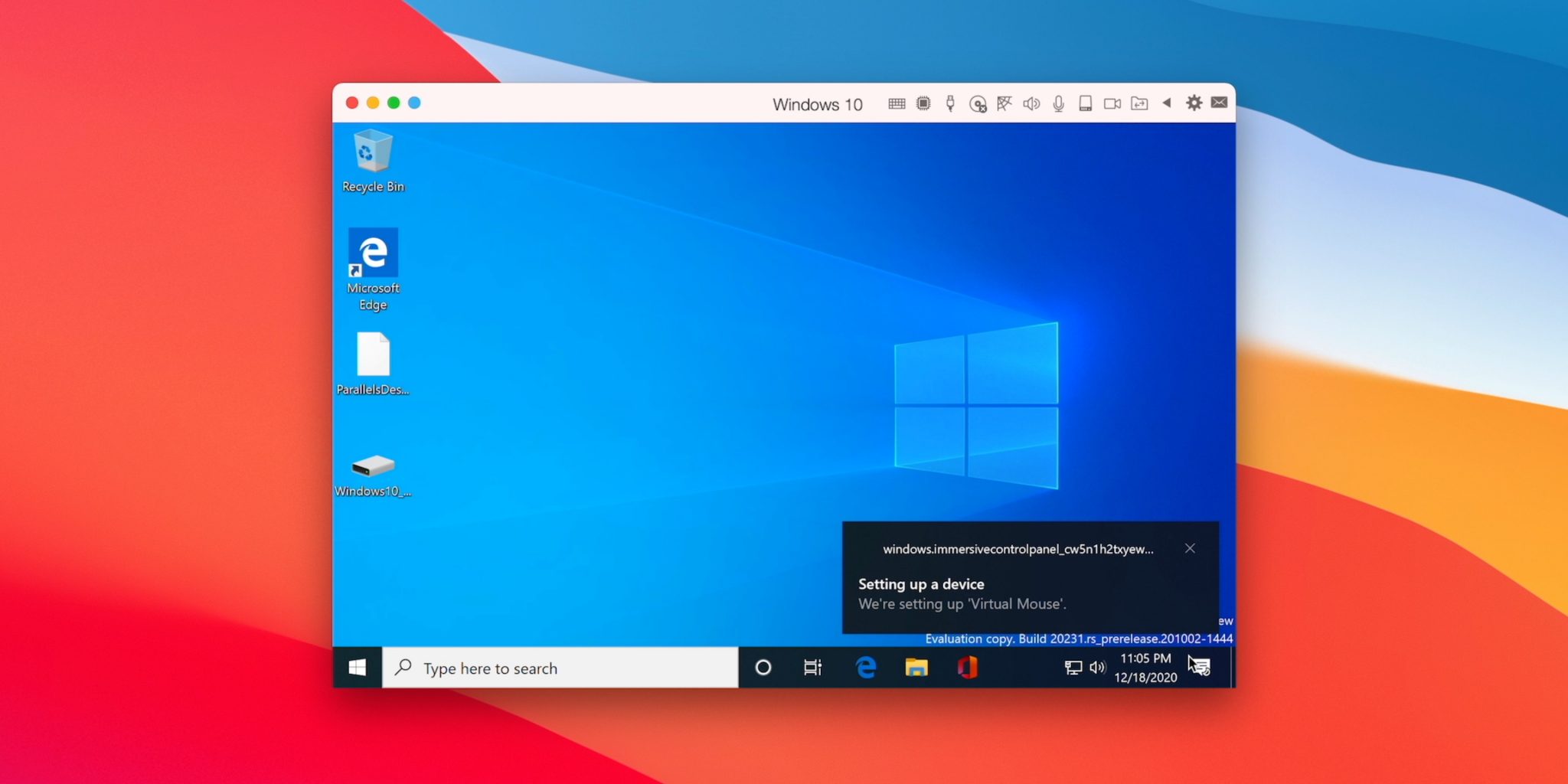

He strayed from Apple to form a company called Nuvia that works on-yup, you guessed it-CPU designs. Said big cat is one Gerard Williams III, who until quite recently was the chief of all of Apple’s ARM CPU efforts. The Days of Our Lives, Silicon Valley style Even Microsoft has supported ARM for quite a while, first with Windows RT (8.1/32-bit ARM), and now with Windows 10 for ARM. It’s in nearly every mobile phone, most portable devices, TVs, and more, though under licenses that allow the vendors to call their ARM implementation anything they want. This is partly due to the Rosetta 2 install time translation (or requested), but Apple doused the M1 with some of what I call “special sauce”-sly tricks that include support for x86 memory ordering, one of the main differences between Intel and ARM architectures.ĪRM is hardly new. It’s faster than my 2015 iMac with an Intel Core i7. Thanks to unified direct-access memory, integrated GPU cores, and cores dedicated to common tasks (such as H.265 video encoding), it’s fast as all get out.īut its most surprising trick is running x86/圆4 Mac apps at more than acceptable (if not quite native) speeds.


If you see inaccuracies in our content, please report the mistake via this form.Just in case this whole deal is new to you: Apple’s M1 is a system on a chip (SoC) based on the Advanced RISC Architecture/Reduced Instruction Set Computing/Instruction Set Architecture (ARM RISC ISA). If we have made an error or published misleading information, we will correct or clarify the article. Our editors thoroughly review and fact-check every article to ensure that our content meets the highest standards. Our goal is to deliver the most accurate information and the most knowledgeable advice possible in order to help you make smarter buying decisions on tech gear and a wide array of products and services. ZDNET's editorial team writes on behalf of you, our reader. Indeed, we follow strict guidelines that ensure our editorial content is never influenced by advertisers. Neither ZDNET nor the author are compensated for these independent reviews. This helps support our work, but does not affect what we cover or how, and it does not affect the price you pay. When you click through from our site to a retailer and buy a product or service, we may earn affiliate commissions. And we pore over customer reviews to find out what matters to real people who already own and use the products and services we’re assessing. We gather data from the best available sources, including vendor and retailer listings as well as other relevant and independent reviews sites. ZDNET's recommendations are based on many hours of testing, research, and comparison shopping.


 0 kommentar(er)
0 kommentar(er)
